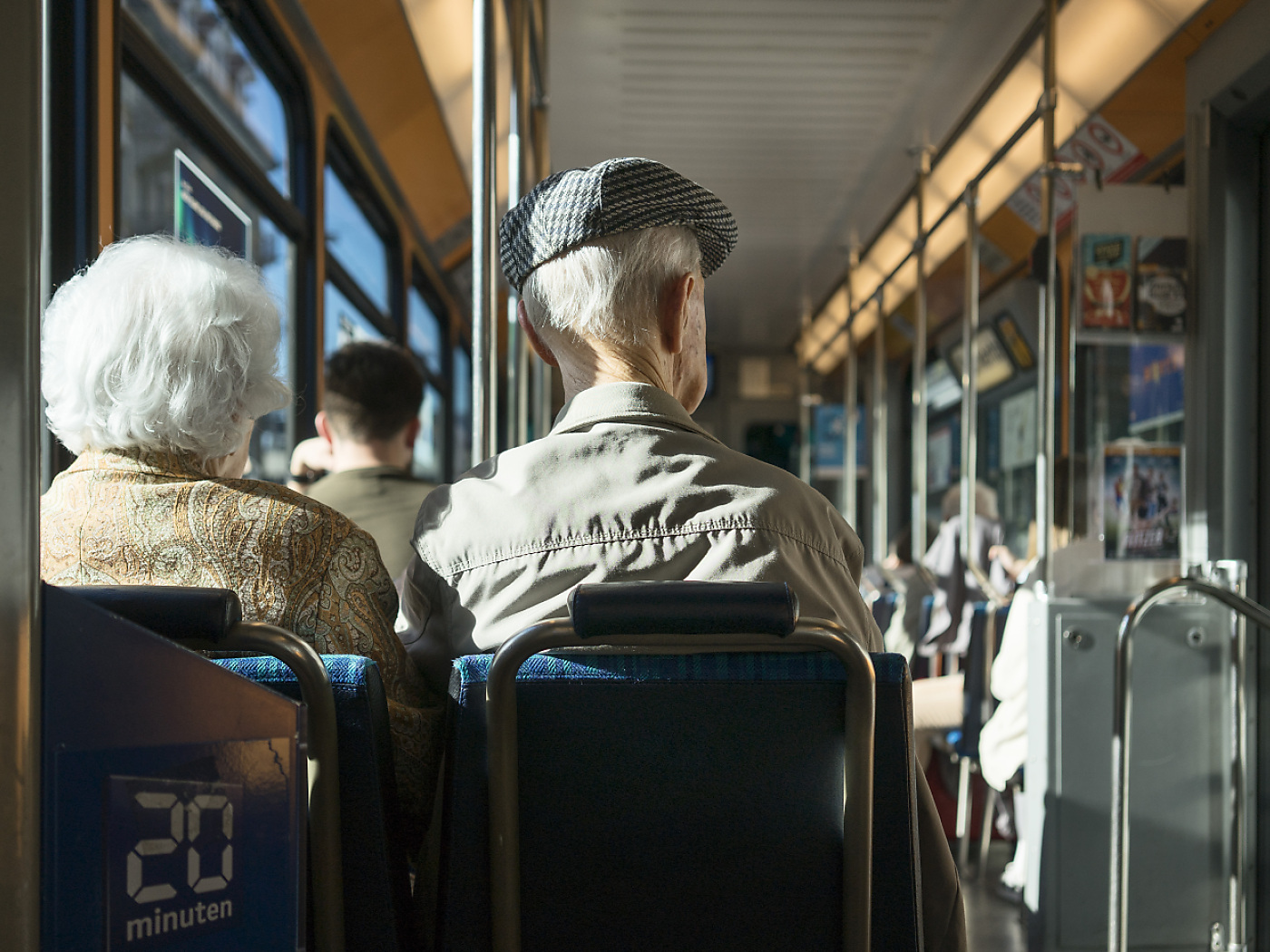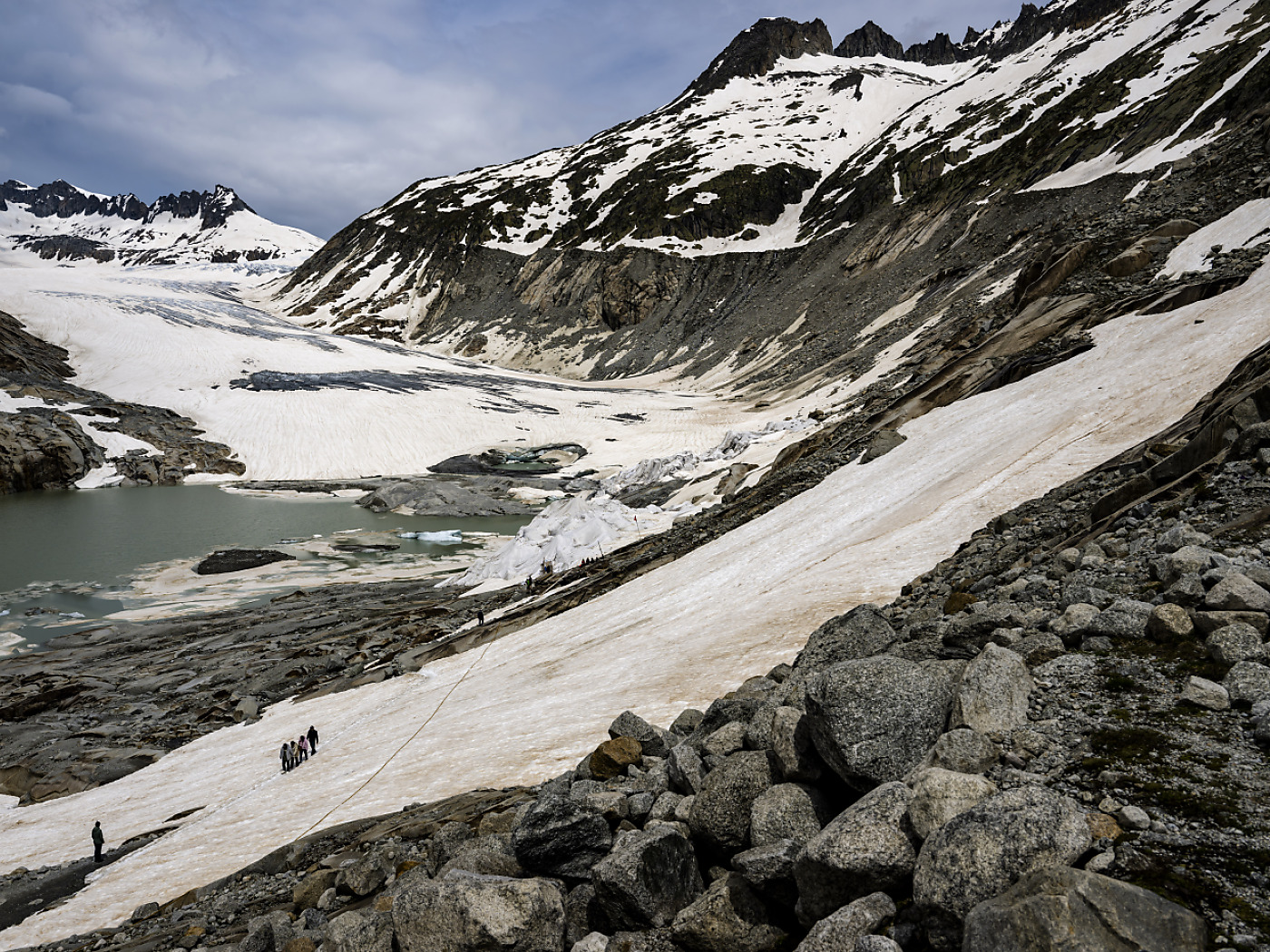Swiss car camera uses AI to detect pedestrians 100 times faster

A car camera has been developed in Switzerland that will recognise obstacles 100 times faster than previous driver-assistance systems.
Do you want to read our weekly top stories? Subscribe here.
In the future this technology, developed by researchers at the University of Zurich (UZH), will help cars to brake in time if a pedestrian suddenly runs into the road.
“It’s a major breakthrough,” Davide Scaramuzza told the Swiss News Agency Keystone-SDA. The IT researcher developed the system with his colleague Daniel Gehrig. It was presented in a study published on Wednesday in the scientific journal Nature.
+ The ethics of artificial intelligence
Driver-assistance systems can already warn drivers of obstacles or initiate emergency braking. However, these systems are not yet fast and reliable enough. “They still need to be significantly improved if they are to be used in autonomous vehicles where there is no human behind the wheel,” said Scaramuzza.
Such systems work with standard cameras that take 30 photos per second, he explained. In other words, one image every 33 milliseconds. To reliably detect a pedestrian or car and initiate a braking manoeuvre, these cameras require at least three images, which brings the total time until the braking manoeuvre begins to 100 milliseconds. “Our system makes it possible to reduce this time to less than one millisecond,” said Scaramuzza.
How it works
In theory, one way to improve this would be to use a high-speed camera that shoots significantly more images per second. However, such a camera would require enormous computing power, the researchers explained in the study.
That is why they used so-called event cameras. Just like the human eye, these cameras look for things that change quickly. Instead of constantly taking photos, event cameras only take a photo when something moves suddenly. However, according to the researchers, these cameras have their own drawback: they do not register slow movements reliably.
This is where Scaramuzza and Gehrig came in. They developed a camera that records 20 images every second combined with an event camera and artificial intelligence (AI). The AI was trained to recognise certain obstacles, such as other cars or pedestrians, in the images from the first camera. Meanwhile, another AI system analysed the data from the event camera, which it used to predict what the conventional camera would see.
However, it could be some time before the new camera is used on the road. “It can take many years to get from ‘proof of concept’ to crash tests and finally launching,” said Scaramuzza. However, they have handed over the technology to a company and made the software publicly available so that other companies can also use it.
More
Adapted from German by DeepL/kp/ts
This news story has been written and carefully fact-checked by an external editorial team. At SWI swissinfo.ch we select the most relevant news for an international audience and use automatic translation tools such as DeepL to translate it into English. Providing you with automatically translated news gives us the time to write more in-depth articles.
If you want to know more about how we work, have a look here, and if you have feedback on this news story please write to english@swissinfo.ch.

In compliance with the JTI standards
More: SWI swissinfo.ch certified by the Journalism Trust Initiative




















You can find an overview of ongoing debates with our journalists here . Please join us!
If you want to start a conversation about a topic raised in this article or want to report factual errors, email us at english@swissinfo.ch.